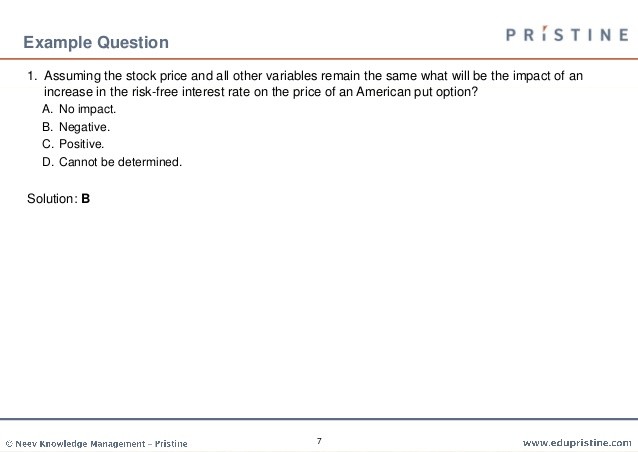Option Basics Basic Options Trading Strategies
Post on: 18 Июль, 2015 No Comment

Here I want to cover some of the option basics. In particular I want to focus on understanding the motivation behind buying or selling an option. From there, we’ll look at some basic option strategies to better understand the building blocks to more advanced strategies.
If you are brand new to options, see ‘what is an option contract? ‘ before going into some of the option basics I’ll discuss here.
One reason people are often intimidated by options is that they appear very complex. Yes, there are a lot more variables to them than simply trading a stock, but let’s try to simplify some of the basic options concepts to get you started. Later, we’ll add additional concepts as they are needed.
Most people think about options in terms of buying a call or buying a put. If I buy a call, I will generally make money when the underlying instrument (stock) goes up. If I buy a put, I will generally make money when the underlying instrument (stock) goes down.
Now, let me ask you this. if I am the buyer of an option, who is the seller?
The answer is. the options market maker.
Market Makers and the other side of the options trade
In the options market, there is a market maker who MUST take the other side of your order if it is at his ask price (if he is selling) or bid price (if he is buying). Ok, this may seem to be going beyond option basics. but trust me, this is really important to understand.
The market maker doesn’t just sell options, he may buy them as well to offset his risk, to lower position sizes and so forth. So, an option contract he sells me may in fact be a contract he bought from someone else.
Who is that person? They may be possibly another retail options trader or an institutional investor. In that case, the other trader is the one who has the opposing expectation.
I may buy a call option because I expect the stock to go up, but they sell the call option because they expect the stock to go down or at least stay below the strike price they sold.
Likewise, I may have bought a put option because I expect the stock to go down, but the other trader sold me the put option expecting the stock to stay above the sold strike price.
Obviously, someone will be right in that trade and someone will be wrong. The question is. who has the better odds?
Why buying options can be risky
To help understand this point better, let me illustrate. Let’s say I’m bullish on POT (Potash Corp) and would like to take advantage of an upward move. I might buy the $90 call for $5.80. For me to make any money on this trade, what must happen? POT must be at least $95.80 by expiration just for me to break even. If POT made a sharp move up in just a few weeks, I may make a nice return on this trade.
Now, let’s look at the other side of the trade. Assume the seller of the $90 call is currently holding 100 shares of POT they bought at today’s market price ($86) and sell me the $90 call for $5.80. What do they want to have happen? If the stock goes nowhere by expiration, they keep the $5.80 and their cost basis is now $80.20 ($86 — $5.80).
If the stock goes up to $89.95 by expiration, they still get to keep the $5.80 AND they could sell the stock for a combined profit of $9.75. That’s an 11% ROI in just 4-6 weeks. Alternatively, they could simply sell another call for $90 or even $95 for the next month and take in some additional premium.
Let’s review the two sides quickly then.
A. I buy a call option and I need it to move A LOT to make money
B. I sell a call option and I win if the stock goes up a little, down a little or the stock just plain goes nowhere.
Which trade has more risk? I think buying options does. Does that mean I don’t buy options?
No. it just means I buy them with the awareness that the odds favor the seller more than the buyer.
Basic options trading strategies
Now that I’ve covered some of the option basics, let’s review some basic options strategies that could be constructed from a call option or put option.














